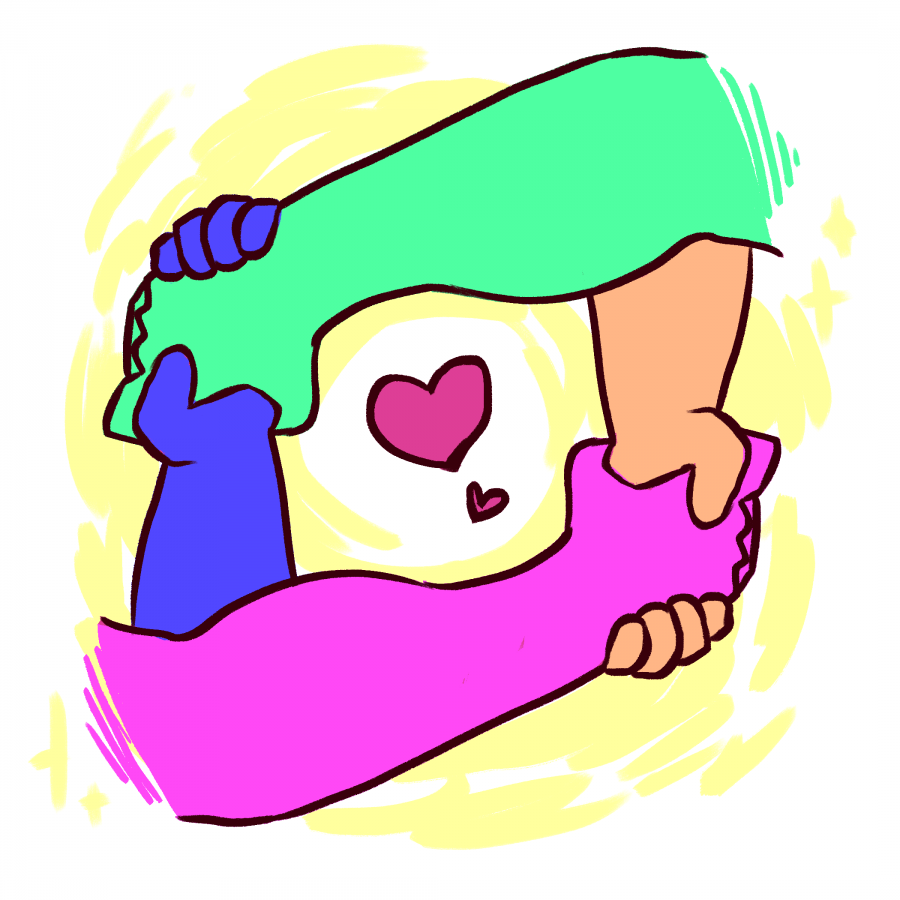UT is dedicated to creating a more diverse and inclusive culture. On March 30, 2017, UT released its first university-wide diversity and inclusion plan. This plan details improvements for several groups including minorities, LGBTQ, physically disabled and low-income students. However, people with Intellectual and Developmental Disabilities are excluded. While it’s important to embrace cultural differences, it’s just as important to accept people with IDDs as worthy members of our society.
People with IDDs are often forgotten about after grade 12, and societal separation negatively affects our perceptions about them. When we are not exposed to people who learn differently than us, we are susceptible to believing myths about them. Many forget about the spectrum part of Autism Spectrum Disorder and assume that ASD looks the same for everyone. In memory of her sister, advertising sophomore Ridhi Patel said, “I want people to know that people with ASD are incredibly smart. For example, someone could add or multiply huge numbers that I normally wouldn’t be able to do.”
Our university’s goal is to foster students who change the world. If we want to be inclusive, innovative leaders, it is imperative to get to know people with exceptionalities — or some area of functioning in which he or she is different from an established norm.
Educators and people who work for this population shouldn’t be the only ones who are informed. UT grads should take the lead in designing businesses with people with IDDs in mind and actively integrate them into the workplace. Business owners and bosses need to remember that while people with IDDs may not be able to do everything a typical person can do, they have strengths and can complete tasks in a different way. Future political leaders need to improve the Individuals with Disabilities Education Act and expand it to the university setting. All of this starts by developing personal relationships and choosing to learn about them.
There are several ways for students to take a look into the life of someone with an IDD. One way is to volunteer for one of UT’s informal classes, which were started by associate professor Jon Pierce-Shimomura. These classes are designed for students with IDDs and use a reverse inclusion format. There are a variety of classes available next semester, including a “Fun with Science” and a “Fun with Rastafarian Cultures” class. Sign me up for the reggae class please. These classes are an incredibly fun way to make new friends — lead by experts and free for UT students interested in volunteering.
Other opportunities connected with UT include the Best Buddies program, run by Jim Patton in the College of Education and the Down Syndrome Association of Central Texas.
The goal of spending time with this part of the population is to recognize that we have more similarities than differences with people with exceptionalities. We all want to be valued, happy and productive members of our society. When you have a couple of free days during the upcoming holiday season, reach out to an organization near you and get to know differently-abled people in your community. This is not charity. There is no “feeling sorry” for them. This is taking time to experience inclusion by appreciating our differences.
Alarcon is a UTeach Liberal Arts student from Austin.





















